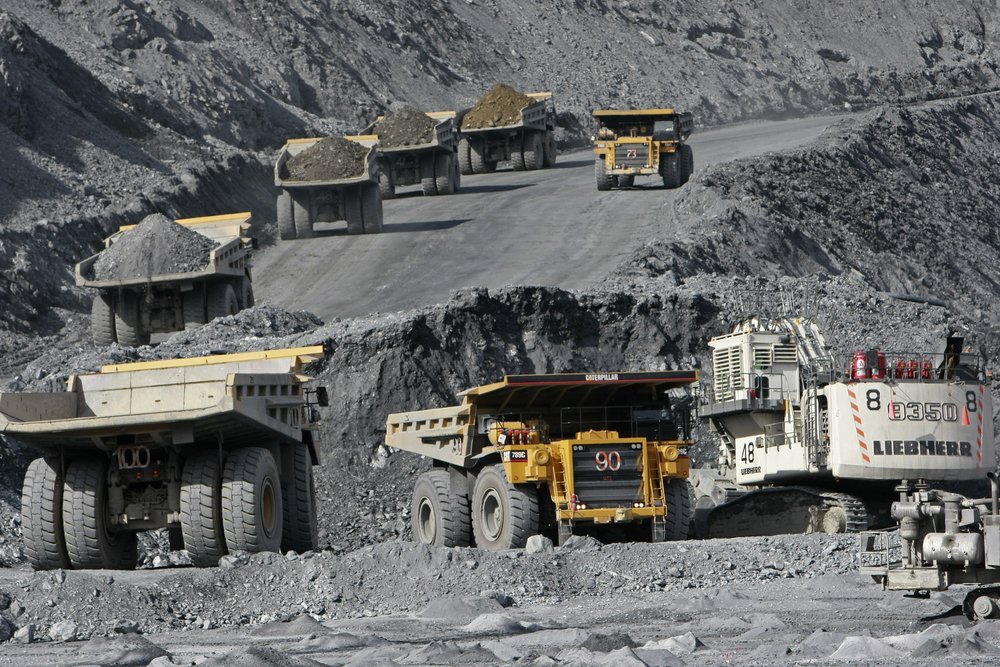The International Energy Agency (IEA) has expressed concerns about potential “tensions” in global supplies of critical minerals and metals essential for the energy transition. The IEA emphasizes the need for increased mining investment to meet the goal of limiting global warming to 1.5 degrees Celsius by the end of the century.
Despite recent price drops for critical minerals like copper, lithium, and nickel, which are vital for conducting electricity and manufacturing batteries for electric vehicles, wind turbines, and solar panels, the IEA’s second annual metals report highlights the risk of future supply shortages.
The IEA estimates that $800 billion in mining investment is required by 2040 to achieve the targets set by the 2015 Paris Climate Agreement. This agreement aims to limit temperature increases to 1.5 degrees Celsius above pre-industrial levels.
Last year’s substantial price declines—75% for lithium and 30% to 45% for cobalt, nickel, and graphite—led to a 14% average drop in battery prices. However, this price reduction also poses a risk of slowing investment in the mining sector compared to previous years.
The IEA report identifies lithium and copper as the two metals most at risk of supply tensions, noting a significant gap between production and consumption projections.
Additionally, the IEA underscores the necessity for supply diversification to reduce reliance on China, particularly in the production of key components for automotive batteries. Currently, China dominates the manufacture of anodes (98% of global production) and cathodes (90%).
To address these challenges and ensure a stable supply of critical minerals, the IEA calls for robust and diversified investment in the mining sector.






